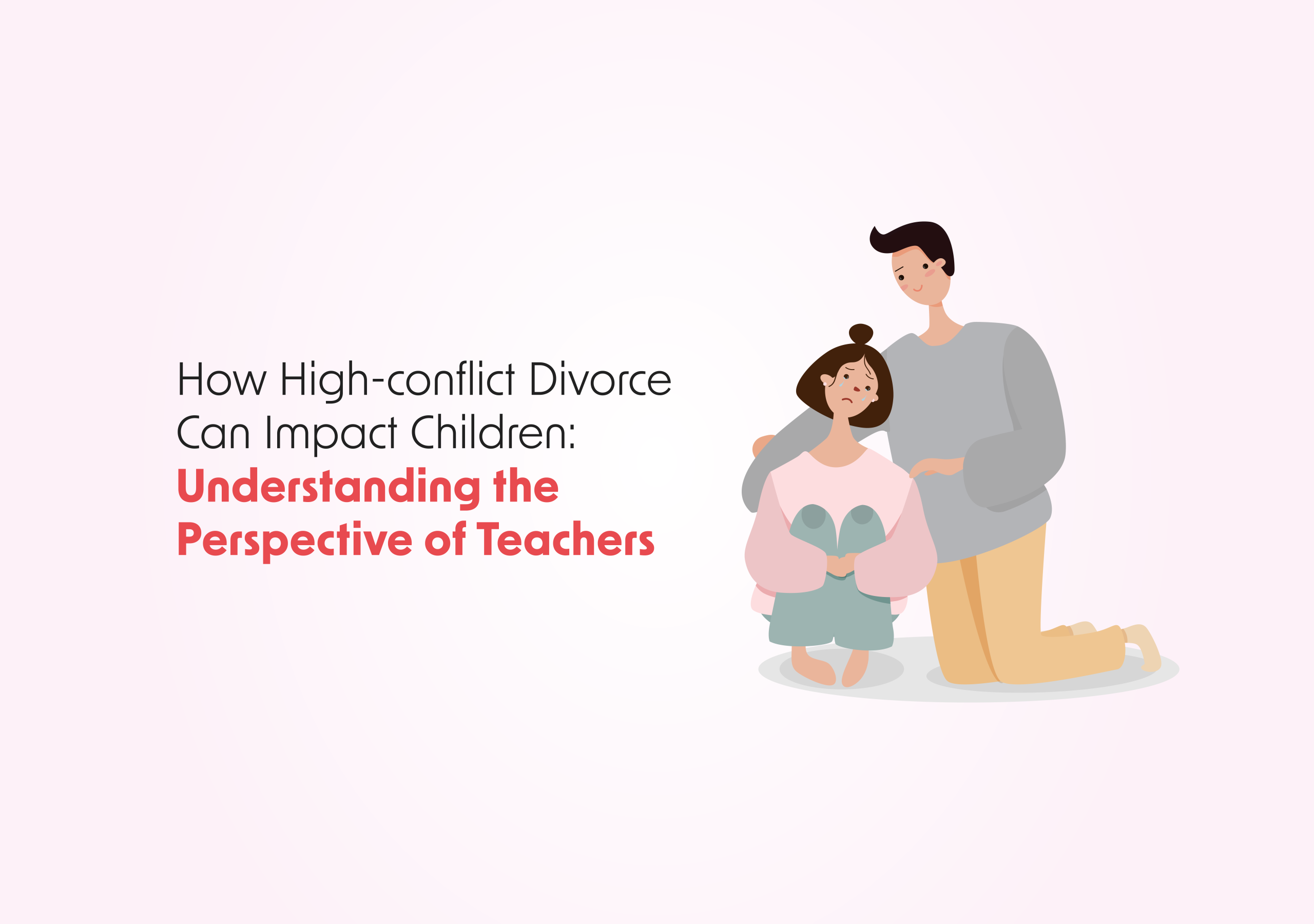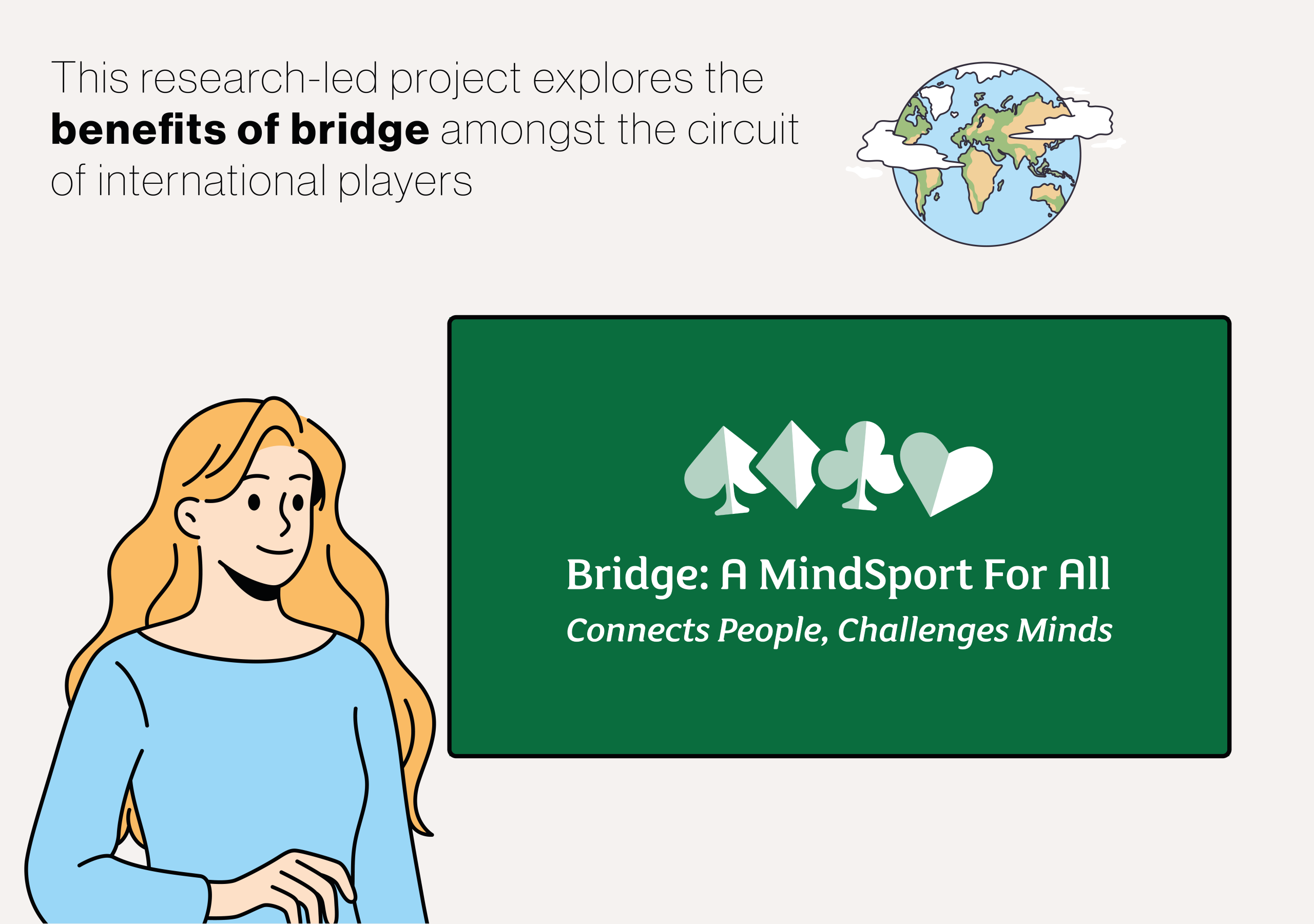Research from Dr. Andrey Kostyuk at the Grenoble Ecole de Management supervised by Prof. Martina Battisti, a Senior Fellow of Higher Education Academy, and Director of European Council for Small Business and Entrepreneurship, reveals that successful startup mentoring operates as a complex social exchange where both mentors and entrepreneurs must benefit for ventures to thrive. The findings advance the understanding of entrepreneurial mentoring and provide a blueprint for designing more effective mentoring programs that could accelerate sustainable startup growth worldwide. More
Despite billions of dollars invested in startup mentoring programs worldwide, a troubling paradox has emerged in entrepreneurial ecosystems. While governments, incubators, and accelerators champion mentoring as essential for venture success, empirical evidence reveals significantly inconsistent outcomes. Some studies show mentoring dramatically accelerating venture growth and improving survival rates, while others find no effect or even negative impacts on business performance. This variability, known as the “mentoring paradox,” creates serious problems for program managers who cannot predict which relationships will succeed and for policymakers struggling to justify continued investment in uncertain interventions.
Dr. Andrey Kostyuk at the Grenoble Ecole de Management recognized that solving this puzzle required confronting three fundamental challenges that had long plagued entrepreneurial mentoring research. First, the inconsistent effects of mentoring on venture performance suggested that current theoretical frameworks either suffer from “mentoring inflation”, with the mentoring phenomenon not properly identified, or missed crucial dynamics underlying successful relationships, or both. Second, limited understanding of the social exchange mechanisms between mentors and mentees obscured how benefits and motivations are balanced in these partnerships. Third, the notorious difficulty of measuring mentoring’s impact on venture progress meant that neither program managers nor participants could determine whether mentoring represented the best use of their resources.
To address these interconnected problems, Dr. Kostyuk designed a three-part investigation that would examine mentoring from multiple angles. The first stage employed a systematic literature review. Dr. Kostyuk conducted comprehensive searches across major academic databases including Scopus, Web of Science, and Google Scholar, using carefully designed keywords to capture studies examining relationships between entrepreneurial mentoring and venture outcomes. Unlike many academic reviews that focus solely on peer-reviewed journal articles, this research deliberately included grey literature such as reports, dissertations, and working papers to capture practical perspectives often missing from purely academic discourse.
The review process followed rigorous protocols for study selection and evaluation. After identifying 134 potentially relevant publications and removing duplicates, the researchers systematically screened titles, abstracts, and full texts to focus specifically on studies examining mentoring’s effects on venture performance rather than individual entrepreneur development. This approach yielded thirty-four studies spanning diverse geographic contexts, methodological approaches, and organizational settings.
The findings confirmed the full scope of the mentoring paradox while revealing important patterns underlying the variability. Studies reporting positive effects identified factors such as mentor experience, relationship frequency, and mentee growth mindset and educability as crucial for success. Research showing negative or no effects often involved trust deficits, or found that mentoring contributed to improved skills and resilience but not to improved business performance.
Critically, many very different developmental interventions were labeled as “mentoring” in the studies analyzed, which led Dr. Kostyuk to focus his further research on medium- to long-term recurring iterative relationships addressing the enhancement of the “soft skills” of the mentees, contrary to single advisory sessions or educational programs concentrating on building “hard skills”. At the same time, the review revealed that most existing research relied on human capital or social cognitive theories that treat mentoring as a one-way knowledge transfer from experienced mentors to novice entrepreneurs. These frameworks largely ignored the relational dynamics and reciprocal exchanges that might explain why some relationships thrive while others fail. The analysis suggested that understanding mentoring as a social exchange process could help us to understand mentoring relationships better.
Based on these insights, Dr. Kostyuk developed a conceptual model grounded in social exchange theory that positions mentoring effectiveness as dependent on mutual benefit creation and relationship trust. This framework set the stage for deeper empirical investigation of how these dynamics actually operate in practice.
Dr. Kostyuk’s second study examined eighteen mentoring dyads – mentor-mentee pairs – through semi-structured interviews. The research sample included fifteen mentors and nineteen mentees selected from the lead researcher’s professional networks, ensuring participants had substantial mentoring experience and high professional reputations within startup ecosystems.
The interview approach separated mentors and mentees and used tailored question sets to explore relationship dynamics, perceived benefits, and effectiveness measures. Semi-structured interviews were used to provide the flexibility of unstructured interviews with the consistency of structured interviews.
The methodology employed a systematic approach to analyzing the interview data, organizing participant responses into increasingly broader categories to identify key patterns. The researchers first labeled specific concepts mentioned by participants, then grouped related concepts together into broader themes, and finally identified the major overarching findings that emerged from all the interviews.
This process uncovered a sophisticated reward structure governing successful mentoring relationships. Dr Kostyuk identified three distinct types of rewards that drive mentor engagement. Emotional rewards provide fulfillment from contributing to entrepreneurial success, with mentors describing deep satisfaction from “giving back” and seeing their guidance create positive impacts. Intellectual rewards emerge from reverse mentoring dynamics where experienced professionals learn new perspectives and approaches from innovative entrepreneurs. Financial rewards represent potential investment opportunities or offers of board or advisory positions that may arise during a mentoring relationship or even after it is completed, as mentees recognize the significant value creation potential of their mentors outside of the mentor’s role and an accumulated social debt to their mentors, while mentors recognize such opportunities as the best available option within their own cost-benefit framework.
For mentees, the research identified a comprehensive entrepreneurial reward encompassing accelerated venture development through information and guidance, network access, and emotional support. Importantly, these rewards operate according to five specific rules of exchange that must be followed for relationships to succeed: mutual trust facilitation, fair information sharing, mentor commitment to optimal relationship structure, mentee respect and follow-through, and consideration of financial rewards when appropriate.
Second, the study introduced “Time Saved” as a novel metric for measuring mentoring effectiveness. Traditional financial metrics fail in early-stage venture contexts because countless factors beyond mentoring influence business outcomes. Time Saved addresses these problems by measuring the acceleration in learning and decision-making that effective mentoring provides. It represents the time saved with regards to product development, market research and validation, scaling as well as resource acquisition.
The research demonstrated that alignment of rewards between mentors and mentees significantly impacts the perceived effectiveness of the mentoring relationship, particularly in terms of Time Saved. When both parties achieve their desired rewards through balanced exchange, mentoring relationships function optimally and deliver superior outcomes. The study found that mentoring relationships work best when both parties engage in reciprocal behaviors, ensuring a balanced exchange of rewards. Adhering to the rules of social exchange fosters trust and mutual respect, enabling both mentors and mentees to reap emotional, intellectual, and entrepreneurial rewards. Conversely, when rewards are misaligned or exchange rules are not followed, relationships become less effective and may fail to deliver meaningful benefits for either party. The “golden rule” of establishing a proper entrepreneurial mentoring framework turned out to be 9 to 12 60-minute sessions over 6-9 months spaced irregularly in two clusters of weekly or bi-weekly sessions in a first stage, followed by monthly sessions in a second stage.
Dr Kostyuk’s third study employed a single case study methodology to examine a long-term mentoring relationship between an experienced mentor and entrepreneur, and the three founders of a Barcelona-based hospitality startup. This approach provided detailed observation of how mentoring dynamics evolve across different venture stages and crisis situations over several years.
The case study methodology involved comprehensive documentation of mentoring interactions, strategic decisions, and relationship evolution through multiple venture phases including initial development, funding rounds, strategic pivots, external crises, and internal conflicts. This approach captured the complexity and adaptation that characterizes effective mentoring relationships in volatile entrepreneurial environments.
During early stages, the mentor focused on fundamental business model development, exploring the founders’ relationships with one another, their prior experience and responsibility allocation. As both a mentor and investor, he had to represent the situation from different points of view to the start-up founders.
The case study also revealed mentoring’s adaptive nature through crisis management. When the startup faced potential failure due to slow growth and technical difficulties, their mentor helped orchestrate a strategic pivot while providing both strategic guidance and continued investment support. During the COVID-19 pandemic, his role shifted to emotional supporter, maintaining team morale and identifying opportunities in changing market conditions. When founder conflicts emerged during scaling, he served as trusted mediator, facilitating difficult conversations and negotiating mutually acceptable solutions.
Dr Kostyuk used this case study to create teaching notes, including discussion questions, teaching objectives, a suggested teaching strategy, and suggested answers to discussion questions.
Together, these three interconnected studies provide compelling evidence that entrepreneurial mentoring operates as a sophisticated social exchange process rather than simple knowledge transfer. The systematic literature review established that current theoretical frameworks inadequately explain mentoring’s variable effects, while the qualitative dyad study revealed the hidden reward structures and rules governing successful relationships. The case study demonstrated how these dynamics play out in practice across extended timeframes and diverse challenges.
The research contributes to resolving the mentoring paradox by showing that effectiveness depends on mutual benefit creation and compliance with social exchange rules rather than mentor expertise or entrepreneur motivation alone. Relationships succeed when both parties achieve their desired rewards through trust-based partnerships that adapt to changing circumstances.
The introduction of Time Saved as a measurement approach addresses longstanding evaluation challenges in entrepreneurial mentoring. By focusing on learning acceleration rather than financial outcomes, this metric captures mentoring’s true value while enabling real-time program improvement and relationship adjustment.
For practitioners, the findings suggest fundamental changes in how mentoring programs should be designed and implemented. Rather than matching based solely on skills or expertise, programs should prioritize psychosocial compatibility and mutual benefit potential. Understanding mentor reward structures enables better engagement strategies, while recognition of exchange rules provides guidance for relationship development and maintenance.
The research ultimately reframes mentoring from a charitable knowledge transfer mechanism to a sophisticated partnership requiring careful attention to relationship dynamics, mutual benefit creation, and adaptive support systems. This perspective offers practical tools for resolving the mentoring paradox and building more effective entrepreneurial support systems that can accelerate startup success through authentic social exchange partnerships.







